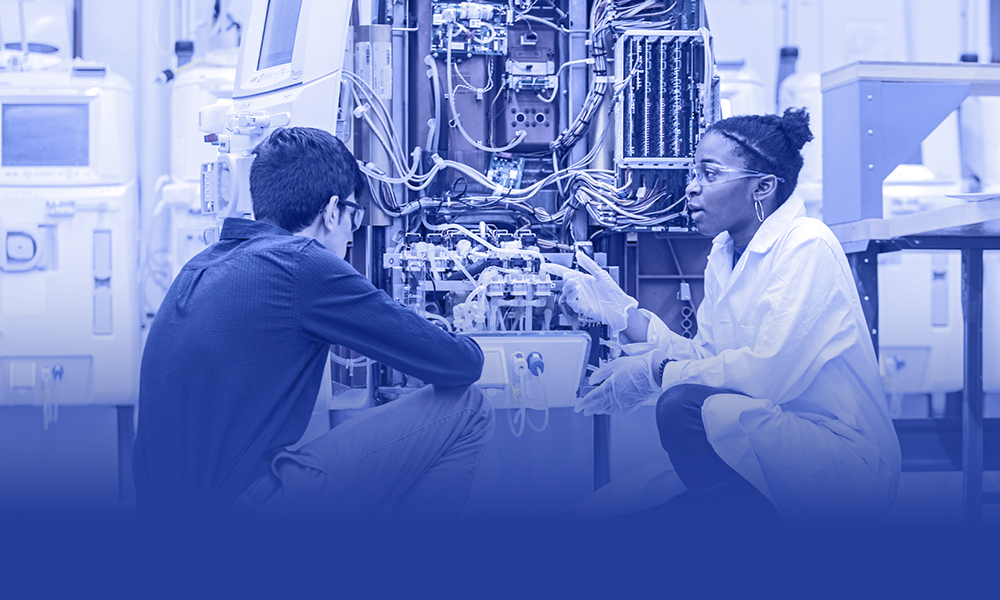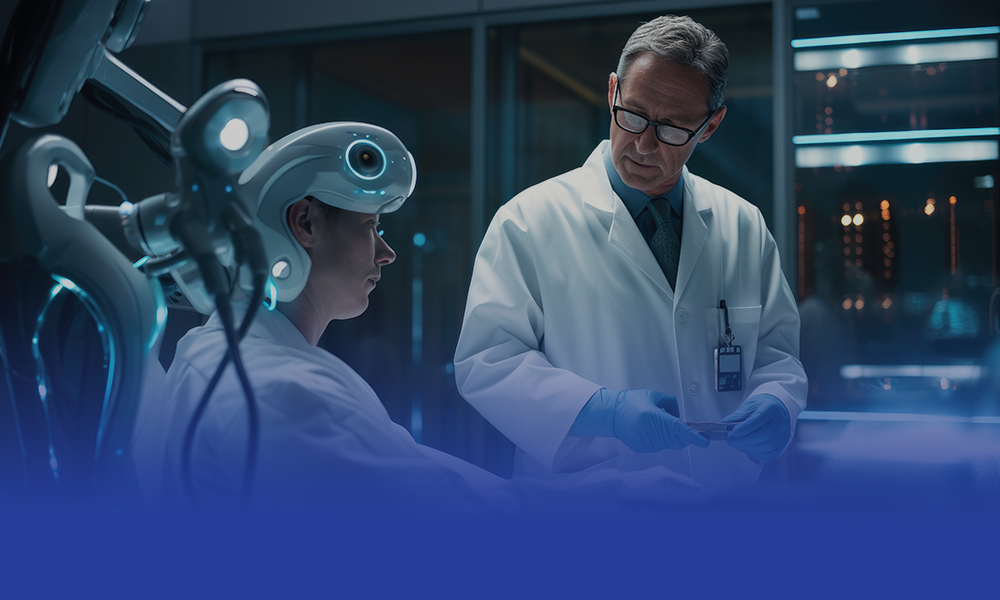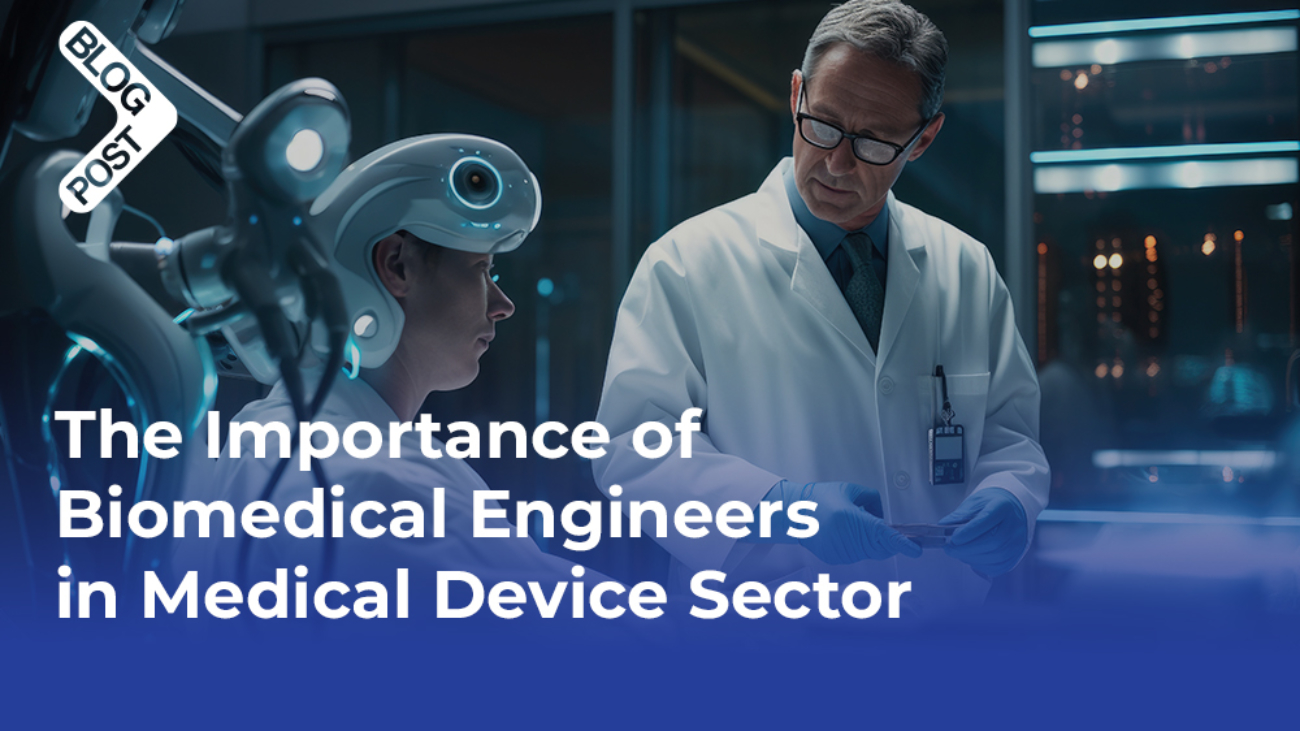The medical device sector is the point where healthcare meets technology and here, you cannot ignore the importance of biomedical engineering. This field ensures rapid advancements in the development of several life-saving medical devices, be it diagnostic tools or therapeutic instruments. Only when the cutting-edge engineering technology combines with the knowledge of the medical sector, do you get solutions for complex healthcare problems. As a result, there is rising demand for biomedical engineers.
This article will discuss everything about the role, contributions and importance of biomedical engineers in the medical device sector.

Definition and Scope of Biomedical engineering
In the field of biomedical engineering, biomedical engineers apply design concepts and engineering principles to biology and medicine to develop healthcare solutions. The activities may range from developing medical and diagnostic equipment, creating biocompatible materials and therapeutic strategies.
Medical devices and biomedical engineering
Biomedical engineers use their expertise to improve and innovate medical devices required for diagnosis, treatment and care of the patients; right from the concept to getting regulatory approval. These devices may include imaging systems like ultrasound and MRI, robotic surgical tools and other therapeutic devices and implantable devices like pacemaker and other artificial organs. The biomedical engineers mainly aim to develop devices which are effective, safe, reliable and comply with the stringent healthcare standards.
Biomedical engineering plays an important role in enhancing diagnostic accuracy and improving treatment results for the betterment of the patients’ life.
Roles and responsibilities of biomedical engineers:
Biomedical engineers have a pivotal role in bringing together healthcare and engineering innovation. The main role and responsibilities include:
- Designing and development of medical devices to meet specific medical needs by doing research, conceptualizing product designs, and using computational tools to optimize device performance.
- Testing prototypes to ensure they comply with all safety and efficiency standards and pass through all rigorous testing processes.
- Close collaboration with healthcare providers to comprehend medical requirements and use feedback in device improvement.
- Implementing and integrating new technologies in the clinical practice
- Providing training to medical personnel for the use and maintenance of the devices
Contributions to Medical Device Development
All thanks to the expertise and knowledge of biomedical engineers, it is possible to drive innovation and technical advancements in the medical device sector. By combining their engineering knowledge with biology understanding, they can create practical solutions.
The Role of Biomedical Engineers in Design and Development Processes
In the initial stages of developing medical devices, they collaborate with healthcare professionals to identify their needs. Based on that they conceptualize and design a new medical device. For this, they integrate advanced materials, use innovative electronics and software to get a fully-functional, reliable and user-friendly product prototype.
This prototype design is based on the intensive research of engineers in interdisciplinary fields like bioinformatics, biomechanics and biomaterials. With this research, they explore new materials, technologies and methodologies for developing medical devices which are functional, safe and durable.
Once the prototype is ready, biomedical engineers validate the design through experimentation, modeling and simulation and optimize it to meet all sorts of clinical and regulatory requirements.
Not only the design and development of medical devices, biomedical engineers also strive to integrate modern technologies like robotics, AI and nanotechnology on their products. These technologies enable medical devices to perform tasks more precisely, automatically and also provide real time data on improved treatment outcomes.

Role of Biomedical Engineers in Maintenance and Repair of Medical Devices
Apart from the design and development of devices, biomedical engineers also play a major role in the maintenance and repair of these devices. This ensures that they remain functional, reliable and safe in their healthcare operations.
Their main role in repairing and maintenance include:
- Preventive maintenance to ensure ongoing longevity and reliability of devices. For this, they schedule regular maintenance based on the industry standards and manufacturer’s guidelines. In this, they often check performance, replace components if required and conduct inspections.
- For any malfunctions and emergency issues, biomedical engineers perform troubleshooting and diagnostics with the help of different software, diagnostic tools and their technical expertise. They find the root cause of the issue and apply corrective measures.
- Perform servicing and repairs to restore the functional aspects of the devices. Engineers have technical expertise to disassemble the whole devices, repair and replace the faulty components and recalibrate the medical devices to perform their specific functions. While repairing, engineers follow stringent protocols and quality assurance measures.
- Based on the user feedback, biomedical engineers continuously work to improve the device performance metrics. They also propose any enhancements, upgrades and modifications in the design to match the product with the evolving medical needs.
Education and Competencies of Biomedical Engineers
In this fast-evolving field of healthcare solutions, the importance of biomedical engineers cannot be denied. However, to be a biomedical engineer, one should have the right education, skills and competencies. Most biomedical engineers hold a bachelor’s degree in biomedical or any related engineering field such as mechanical, chemical, and electrical. For advanced degrees, one can go for Masters or Ph.D. in biomedical engineering or any specialized engineering or medical field.
Additionally, a biomedical engineer needs to have some core competencies. For instance, they should have a strong foundation of all biomedical and engineering subjects. Skill for medical device development is also an essential part of their education. Further, they must also be proficient in biomedical instrumentation and should be well-versed with regulatory requirements of the medical field.
This diverse skill set and comprehensive education help biomedical engineers contribute towards the advancement and innovation of healthcare technology. Further, it is also essential for them to continuously upgrade their education and implement the new and evolving technologies in the field.

The Future Role and Importance of Biomedical Engineering
As advancements in technology and new requirements occur, the role and importance of biomedical engineering will continue to expand. To this end, biomedical engineers will continue to develop medical technologies like implantable devices, wearable health monitors, and personalized clinical solutions.
Further, we may also witness the integration of AI, big data analytics and machine learning in devices for more predictive analysis and precise diagnosis.
Apart from this, there will be innovation in imaging technologies like CT scans and MRI, resulting in improvement in their speed, accessibility and resolution. There will be greater inclination towards therapeutic procedures like robotic surgeries, minimally invasive surgeries and targeted drug delivery equipment.
To make the medical devices more affordable and approachable, biomedical engineers will continue to work on developing affordable and portable devices for remote populations.
All this will go hand in hand with ethical consideration and regulatory compliances to ensure safety, equity and privacy in healthcare device distribution.
In Conclusion
And similar efforts have been undertaken by Biosys Biomedical, a company actively involved in the manufacturing of highly innovative and advanced medical devices. We design, develop, and manufacture state-of-the-art devices to meet the evolving clinical needs of the healthcare industry. Contact us for more information.

